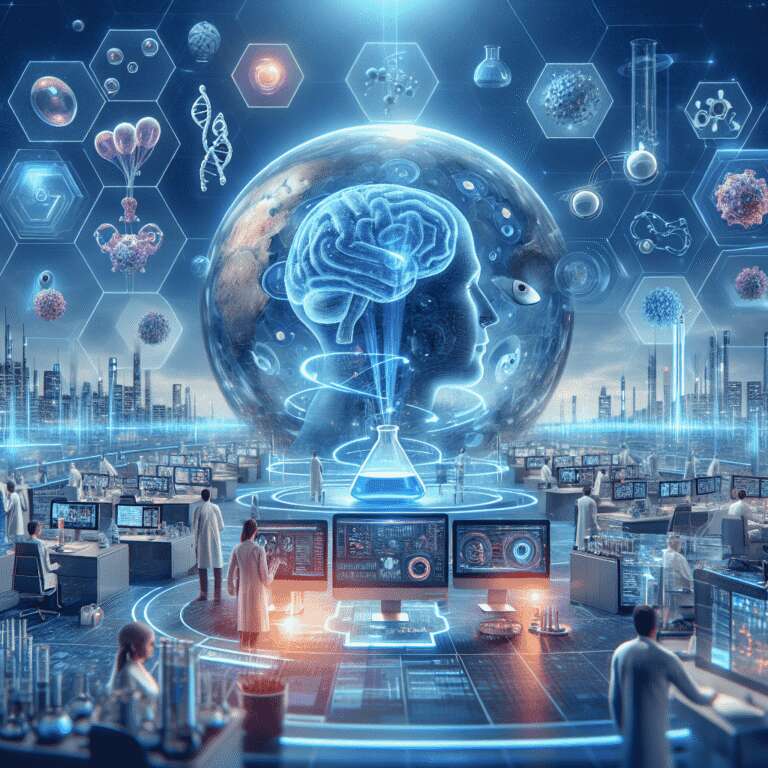The integration of Artificial Intelligence into the realms of multiomics analysis and translational oncology is opening new frontiers in scientific research. Multiomics, which involves the comprehensive study and integration of data from various ´omics´ groups such as genomics, proteomics, and metabolomics, is increasingly relying on Artificial Intelligence technologies to manage and interpret complex datasets. This allows researchers to uncover intricate biological patterns and insights that were previously inaccessible.
Artificial Intelligence´s impact in translational oncology is particularly noteworthy. It is enhancing the ability of scientists to bridge the gap between laboratory research and patient care, facilitating personalized medicine approaches that are more tailored to individual patient profiles. By analyzing vast amounts of genomic and clinical data, Artificial Intelligence systems can identify biomarkers for disease prognosis and evaluate treatment responses with greater precision.
The application of Artificial Intelligence in these fields not only advances biological discoveries but also speeds up the process of developing new therapeutic strategies. Through pattern recognition, predictive modeling, and other machine learning techniques, these technologies are revolutionizing how researchers approach cancer treatment, offering hope for more effective and targeted therapies. The ongoing advancements underscore the potential of Artificial Intelligence to transform the landscape of biomedical research and healthcare delivery.

